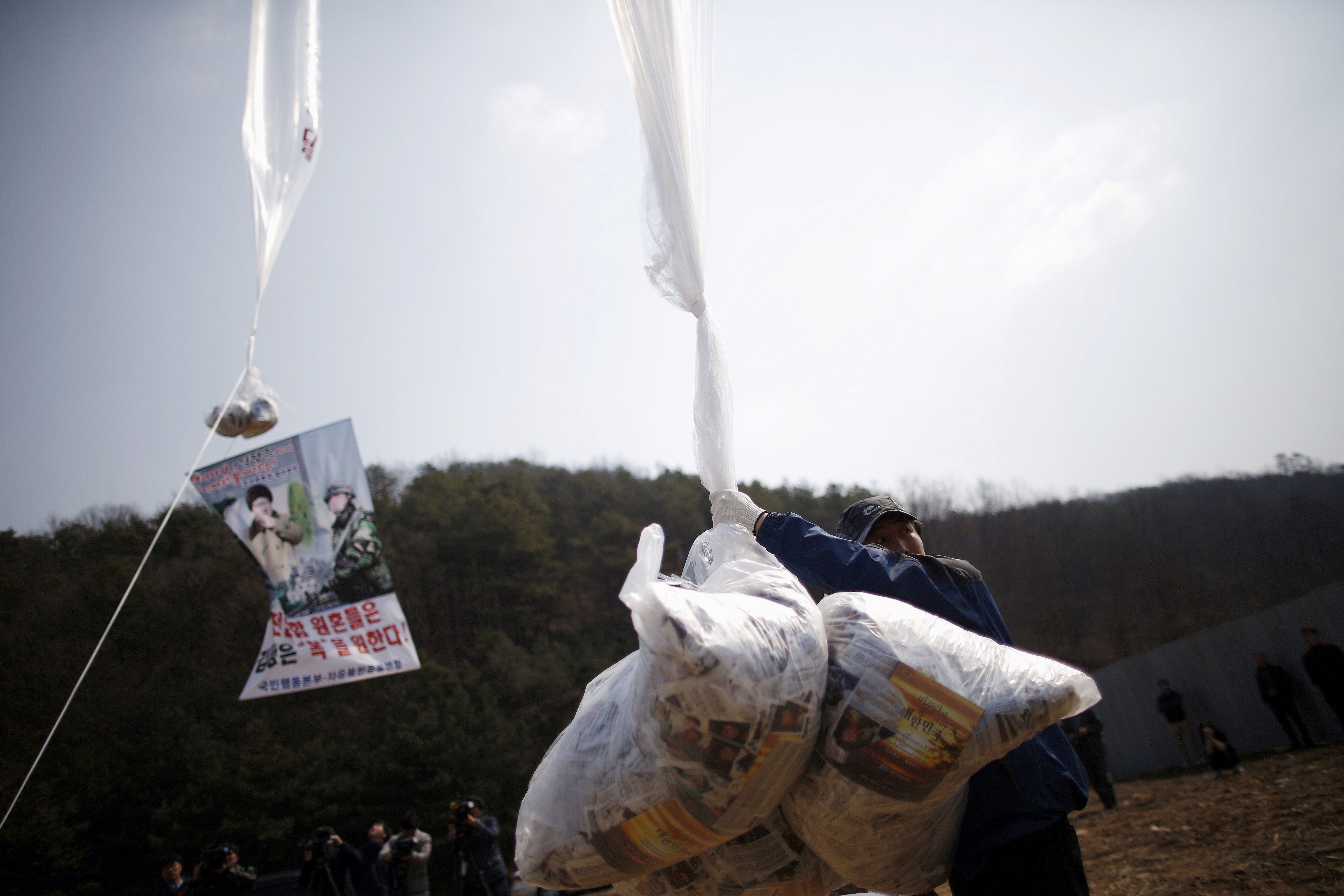Hard Numbers: North Korean leaflets — and trash, Arctic heat, hunger in Latin America, German slaughterhouse outbreak
12 million: Publishing houses in Pyongyang have printed 12 million propaganda leaflets that, along with cigarette butts and other trash, North Korea plans to drop into South Korea using thousands of balloons. North Korea has apparently revived this Cold War-era tactic in response to a recent surge in the number of defectors to the South.
38: Temperatures in the Arctic Circle are expected to be the highest ever recorded next weekend, with the mercury in remote Siberian Verkhoyansk possibly reaching 38°C (100°F) on Saturday, more than double the daily average maximum for June. Arctic heat waves are not uncommon, but scientists fear the recent one confirms the trend that the region is warming twice as fast as the global average.
1,300: More than 1,300 employees at a German abattoir have tested positive for the coronavirus, the country's largest single outbreak to date. Officials in Germany — where the government has been widely praised for its handling of the pandemic — say the risk of spread to the wider population is low. China, meanwhile, has banned pork imports from the plant.
83 million: The number of people living in extreme poverty in Latin America and the Caribbean could increase by more than 16 million to over 83 million by the end of the year as a result of the pandemic-related economic crisis, says the UN. This will lead to a significant rise in hunger throughout the region unless urgent action is taken, warned the UN Food and Agriculture Organization.